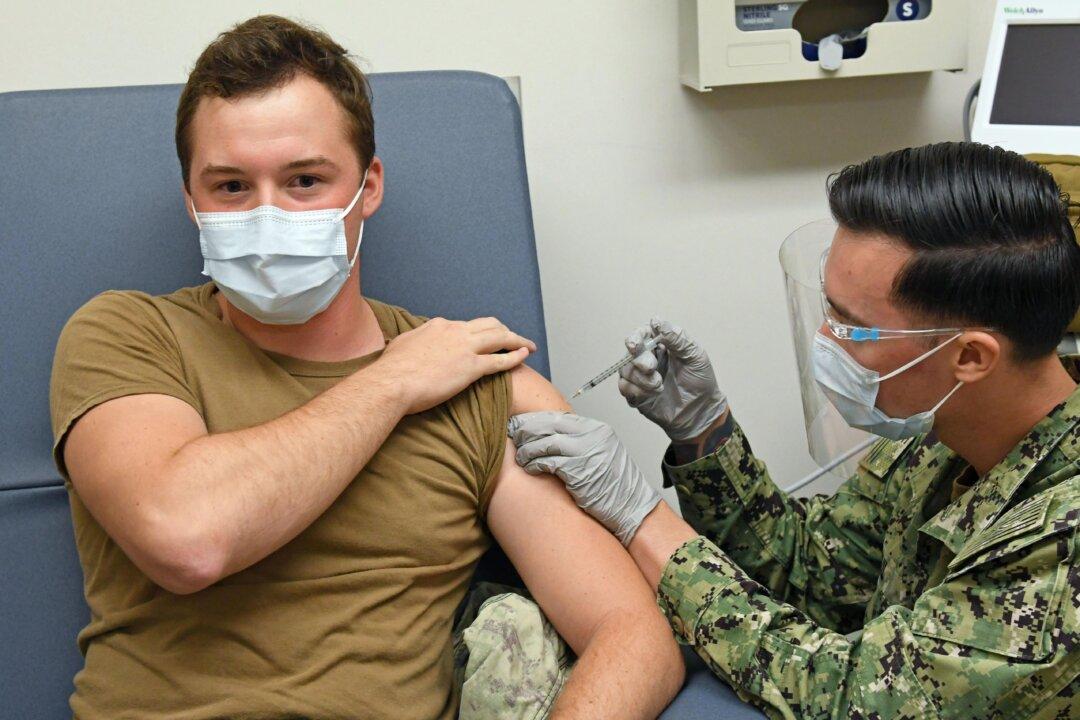Legislation that provides benefits for military veterans who were exposed to burn pits and other toxic substances doesn’t include those who have been injured by the COVID-19 vaccine, according to a departmental document obtained by The Epoch Times.
In 2022, the Promise to Address Comprehensive Toxics (PACT) Act was signed into law to expand Department of Veterans Affairs (VA) health care and benefits for veterans who were exposed to burn pits, Agent Orange, and other toxic substances during their time of service. Veterans who participated in a “toxic exposure risk activity” (TERA) as defined under the PACT Act during their service are eligible for the program.




